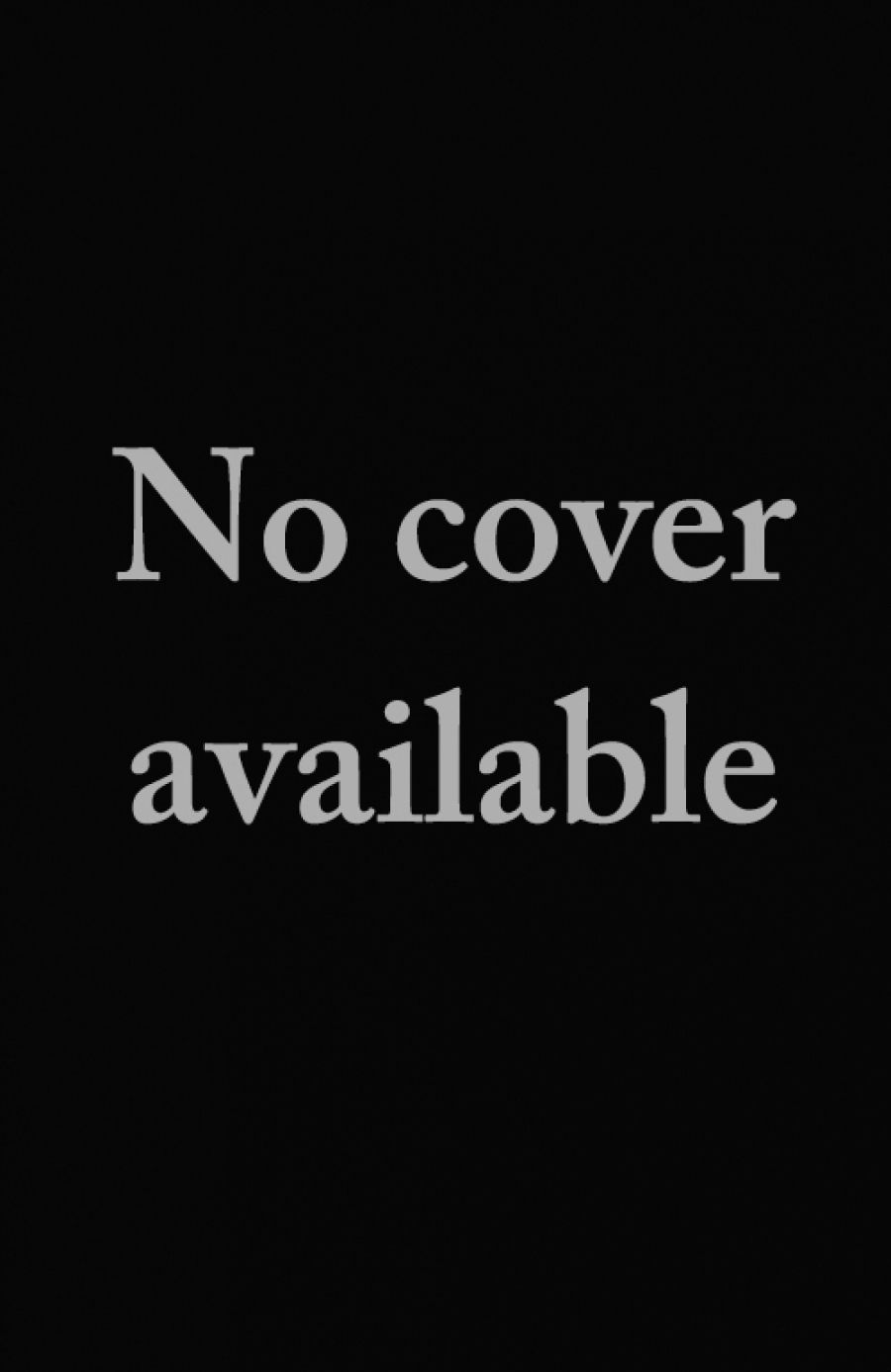
- Free Article: No
- Contents Category: Journals
- Review Article: Yes
- Article Title: 'As small as nothing at all'
- Online Only: No
- Custom Highlight Text:
The production of literary magazines is a collaborative effort, and small ones tend to bring together people who are united in an enthusiasm that transcends financial aspiration. Translated, this means there is no money in it. The editorial notes for the rejuvenated Blast reveal what seems to be a family affair at work: the publisher–editor is Ann Nugent, and the person responsible for design and layout is Peta Nugent. Issues 4 and 5 appeared for review, but I have concentrated here on the first of these.
- Book 1 Title: Blast
- Book 1 Subtitle: Poetry and other critical writing, issue 4
- Book 1 Biblio: $10 pb, 56 pp
In her editorial, Nugent says the poems in Issue 4 deal with hovering, intermediate states and transitive perception. Remarking on Michael Sharkey’s poem ‘The Simplicity of It’, Nugent writes that the issue ‘plays at the porous interface between the sensory world of what is seen, touchable, and that other world of absence that must be imagined’. On the whole, she is right.
In ‘Tulips’, Kevin Brophy meditates on self-awareness, purpose and meaning, centring on the flower of the title (‘The tulip does not know the theory of tulips’). He turns at the end from the tulip as an object to measuring the writer, the self. In ‘The Photograph’, Louise Nicholas finds unexpected depth in a photograph of her grandparents when they first met. Beyond the radiant couple, the background shows a harbour on which two figures sailing a distant boat seem to be a metaphor for the pair, whose marriage is imminent. When the writer retrospectively fears what might befall the sailors, we read it as concern for what her own forebears had ahead of them. This is delicate and well-crafted work.
In his intriguing poem on spillage, ‘Libations’, Greg Miles says, ‘the only way to go on forever / is to become as small as nothing at all’. It is initially tempting to read this as a prescription for little magazines. In the end, however, one realises that, while small may be beautiful, ‘nothing at all’ is not – for editors, anyway.
Philip Salom deals beautifully with epiphanic moments in ‘Oils’, a contained piece that favours economy, unlike Tim Metcalf’s ‘Perpetual Horoscope’. The latter is deft and controlled, but too long. The poem winds through all twelve houses, flirting with New Age rhetoric without apparent irony (‘Yearn together, fulfil the unfulfilled’). Plainer language at half the length would have been preferable. Metcalf is a good writer, and this poem is a sign of worthy ambition, but it is not up with his best work.
Michael Sharkey’s ‘The Simplicity of It’, previously mentioned, might similarly benefit from being shortened, but mainly because it carries so much weight. This poem offers a perceptive series of similes that tend to leave the reader distracted and pondering their significance; for example, ‘Like an aphorism that impersonates what’s true’. While not all lines are equally successful, they are by turns dark and light, mysterious and simple, and always entertaining.
Alex Skovron charmingly ponders the power of music to revive memories of youthful romantic liaisons in ‘Lustspiel’ (here, the single typo I found), and Peter Skrzynecki, with less physical pursuits in mind, summons God in ‘Sunday Mornings’. The weekly rituals involving music, breakfast and a newspaper represented in this poem constitute a kind of prayer of thanksgiving (‘this internal Te Deum / that nobody ever hears except the God / whom I’m acknowledging’).
There are thirty poems by eighteen poets in Issue 4, plus an engaging essay at the end by Mike Ladd about James Campbell’s book on the beat poets, This is the Beat Generation (2001). Why so late a response? Who cares? After reading the poetry, Ladd’s essay seems an apt place to meditate on the driving passion for expression, even if, as he writes, ‘Beat saintliness was always a concept that didn’t bear very much examination’. It is a short and suitably light piece on the origins of the movement, and it was enough to get me hunting out my old copy of Howl. The article inspired some correspondence for Issue 5 and a reply from Ladd.
It has often been argued that when mainstream publishers neglect new writers or dump poets, it creates the right environment for small publishers to make their entrance. In this sense, small literary magazines become the conscience of publishing. If that is so, more power to Blast and their like. If it is not, we still have an attractive outlet for some quality writing. I felt in particularly good company with Blast. As a whole, Nugent’s selection of poems suggests that her editorial eye was sharp and striving for balance.
Blast is published each March and September. The cost of an annual subscription is $20, and the website is: http://www.annsverandah.com/blast.


Comments powered by CComment